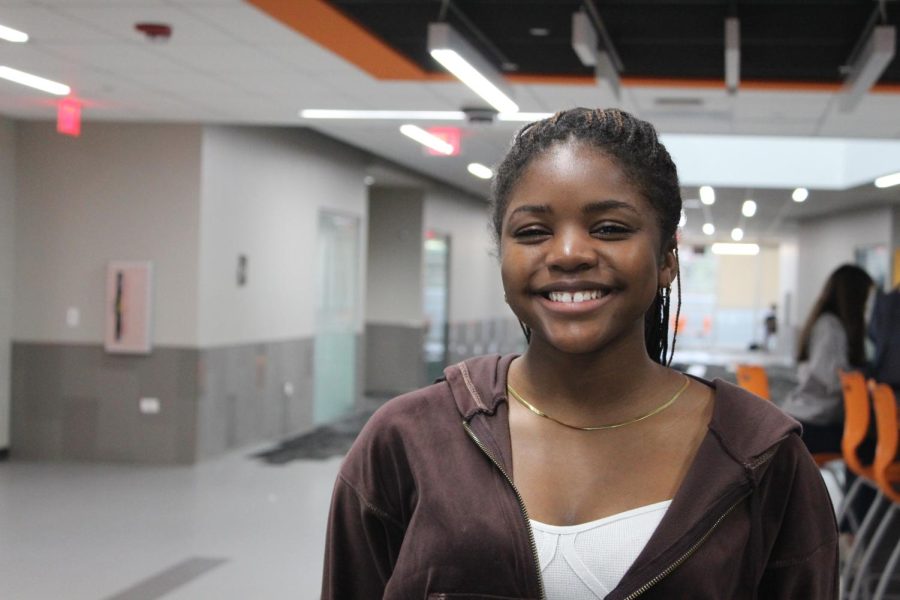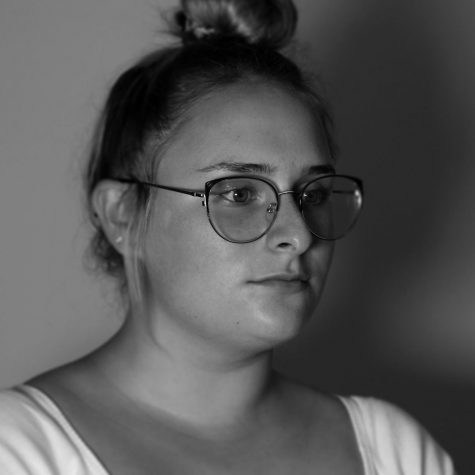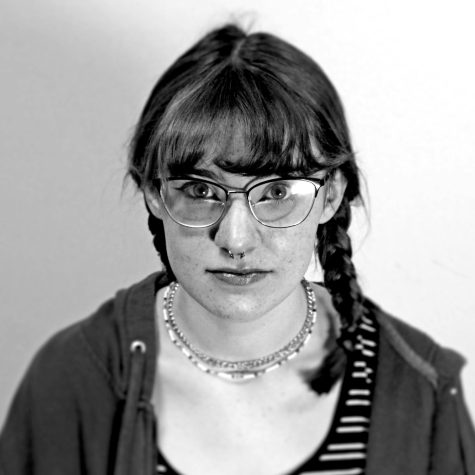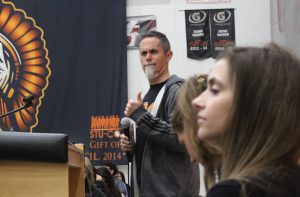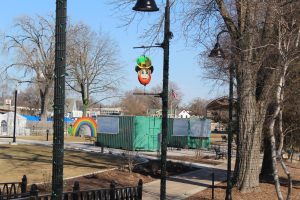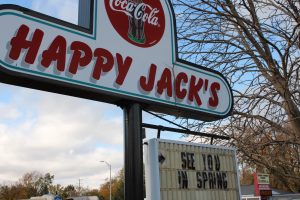Including the excluded
The new BLACK club at MCHS encourages diversity and is a way to make the school’s minorities feel more united to their community
Molara Fashola founded the BLACK club in hopes to create a more inclusive and supportive school community. All students are welcomed into the club as long as they are willing to listen, learn and denounce racism.
March 24, 2022
A new pilot club, the BLACK Club was formed by sophomore Oluwaseyi “Molara” Fashola as a way to spread unity and diversity through the MCHS.
Pilot clubs are clubs that are in the process of becoming an “official” club, but this being so, the BLACK club is being treated and honored like a regular club. This club is meant for all students, of all races and ethnicities, but there are rules to this club.
“[I created this club] for the lack of representation of African Americans at this school,” explains Fashola. “This club is for people who want to understand and learn, alongside people who want to be united. I hoped to create a more comfortable environment for African American students, though realistically, I knew the sudden representation would start some tension,”
This tension, mentioned by Fashola, comes from students who felt left out of a club meant to celebrate black students, including some white students. “Some deemed the club to be exclusive or racist, but the purpose of the club is for everyone to feel included and come together to form a better school environment.”
Fashola says that anyone is welcome to join the BLACK club, though they have a zero tolerance policy against racist and ignorant comments or actions.
Upper Campus counselor and sponsor of the club Nicole Bacigalupo, explains how Fashola’s ideas and dedication to the club have been eye-opening for her.
“As a school counselor, I am always advocating for students and want to help them celebrate their diverse backgrounds. Molara Fashola came to me very early on in the school year asking if we had a club geared towards African American students and I was surprised that MCHS didn’t have that kind of organization.” Bacigalupo explained.
“She showed interest in starting one,” Bacigalupo continues, “and I was more than happy to sponsor the club as a pilot for this year. It has been so eye opening to hear the experiences our students have had, learn about their cultures, and collaborate with them on what our club will accomplish throughout the year.”
This club is extremely important to MCHS’ environment, because there is a Gay Alliance club and LASO, alongside other diverse clubs, and adding one more like this, is going to help the diversity, and respect of students grow and help unite the school.
This club meets once a month on Wednesdays, they come together to create posters, plan events such as Black History Month related activities, and educate each other on different topics. This club is open to anyone willing to join, and is highly recommended, especially to those who want to learn more about how to diversify the school and make a difference.
“This club is something I’d like to stick around,” says Fashola. “I would love for this club to be a comfort for African American students coming into high school in the future. Because of the lack of representation our schools give to African culture, I feel as though it’s part of my job to help the people be aware, I’d hope the spread of our culture is continuous in the future.”



